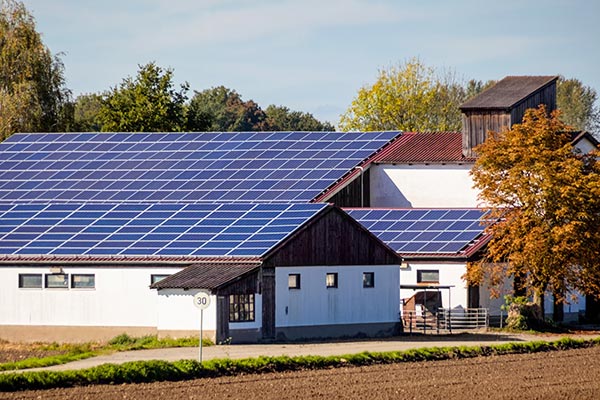REC/SREC defined
REC stands for Renewable Energy Certificate and SREC means Solar Renewable Energy Certificate. (In Pennsylvania, an SREC is called an AEC.)
Renewable Energy Certificates reflect the green attributes that are associated with the production of electricity from renewable sources. This is separate from the actual electricity that is generated from a renewable source like solar or wind power. A REC/SREC is created for each 1,000 kwH of electricity generated from the renewable facility.
RECs are used in both compliance and voluntary markets. A compliance market is one where the state requires electric utilities to have a set amount of electricity come from renewable sources. In a voluntary market, companies or individuals buy RECs to support renewable energy projects without a formal requirement. Many companies buy the RECs for the ability to market themselves as a green company.
Carbon credits and offsets
Carbon credits or offsets are designed to provide revenue to stop the production of carbon. One carbon credit is created for each ton of carbon not produced. Many of these are created from installing products that make dirty power plants clean. Other credits are created from the preservation of forest lands.
Don’t believe people who tell you that being green is bad for the economy. Research and implementation of new sources of renewable energy are helping to create new high-paying jobs across the United States. Green energy is good for the environment, good for jobs and good for you.






